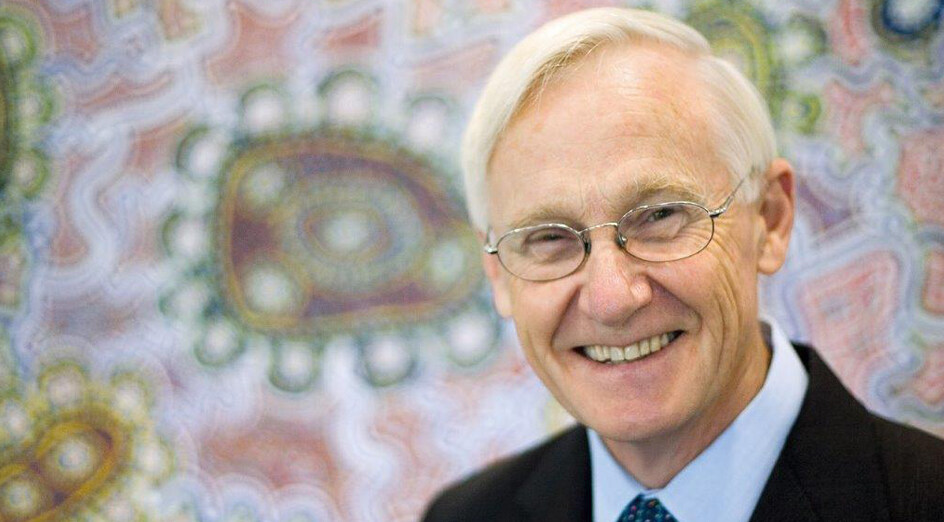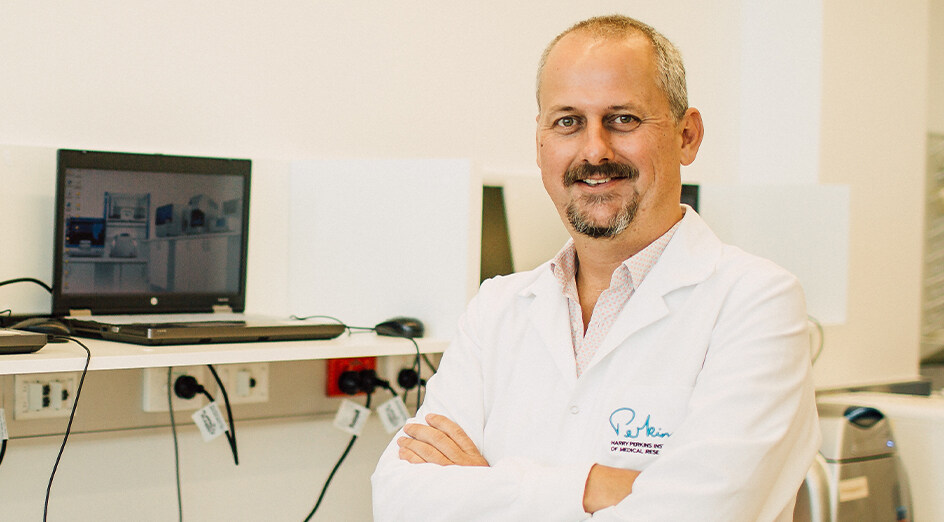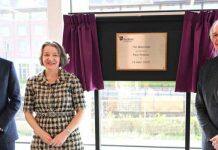A researcher developing ways to prevent blindness and a scientist looking at the relationship between tumours and cells to improve cancer outcomes have been elected into the fellowship of the Australian Academy of Health and Medical Sciences.
The University of Western Australia’s Professor Ian Constable and Professor Alistair Forrest are among 28 top medical and health researchers elected by their peers in recognition of their outstanding contributions towards health and medical research.
Professor Constable, who is the founder, Patron and former managing director of the Lions Eye Institute, was recognised for his international contribution to clinical and research into ophthalmology,a branch of medicine and surgery that deals with the diagnosis and treatment of eye disorders.


Professor Constable created Lions Eye Institute, a not-for-profit centre of excellence that combines world-class scientific research into the prevention of blindness with the highest level of eye care delivery. He has trained and mentored almost 100 clinical and research Fellows from all over the world and has provided an environment to conduct research at the highest international standards.
Professor Constable’s work has been instrumental in several significant developments in ophthalmology, including an artificial cornea and a first in human gene therapy trial for exudative macular degeneration.
UWA Professor Alistair Forrest, Head of Systems Biology and Genomics Institute, who also holds a position at Harry Perkins Institute, is an award-winning systems biologist whose leadership and ability to form and manage large international collaborations has led to enormous progress in our understanding of human disease.


Professor Forrest applies systems-wide analysis and broad genomic surveys to deliver new, unbiased, data-driven insights into disease. His research is revealing the cellular makeup of tumours and predicting how interactions between tumour and stromal cells influence cancer outcomes.
Professor Forrest is identifying and incorporating new genes and regulatory regions into diagnostic screening for genetic disease and identifying long non-coding RNAs with likely roles in human disease.
The Australian Academy of Health and Medical Sciences is a key body that aims to advance health and medical research in Australia and its translation into benefits for the community, providing expert advice to decision makers, and engaging patients and the public.






































